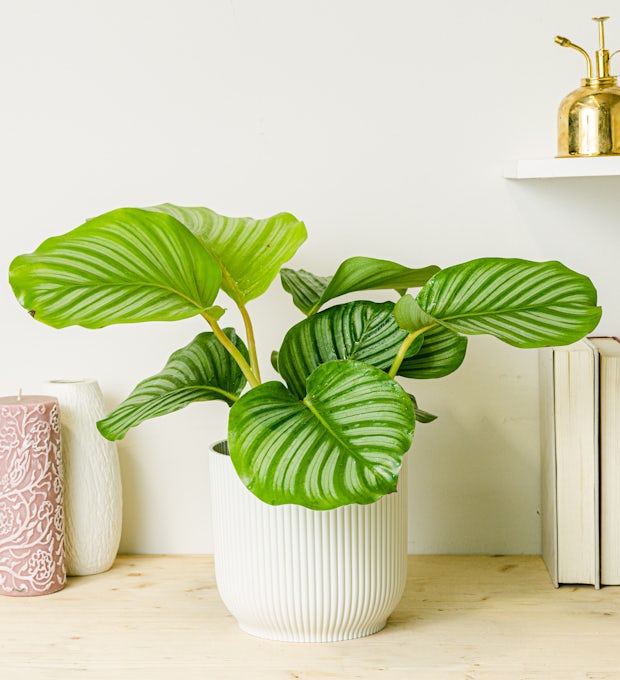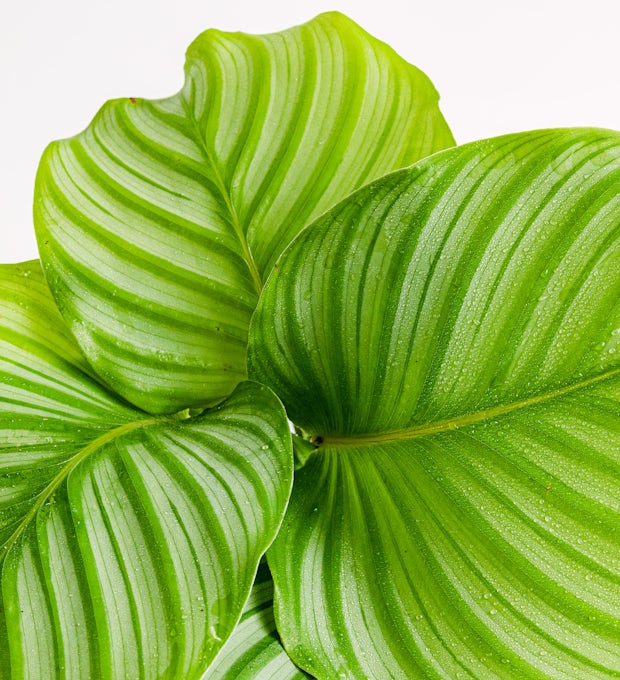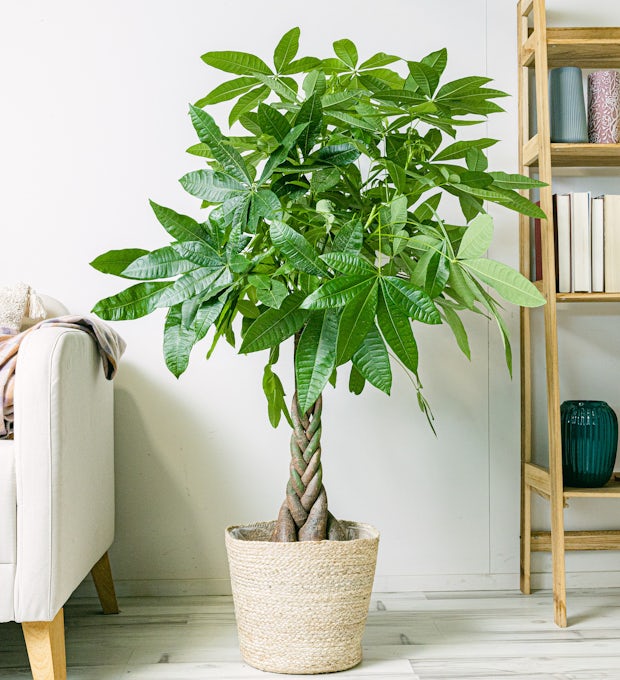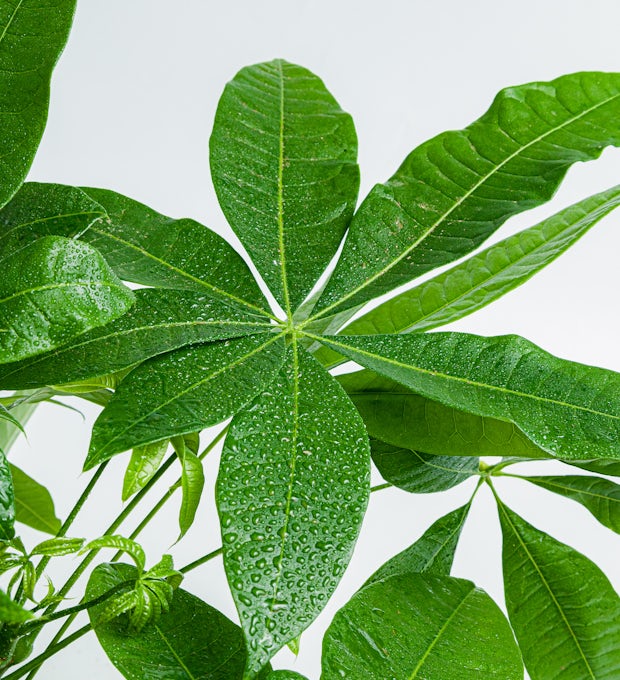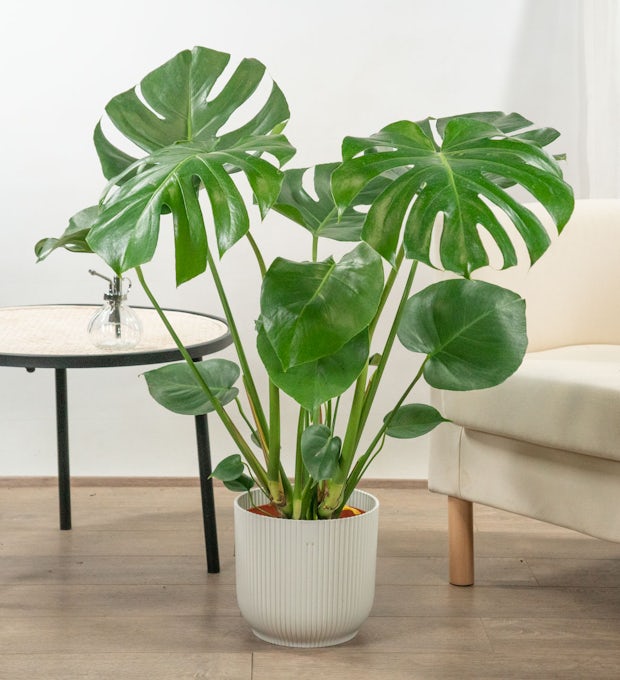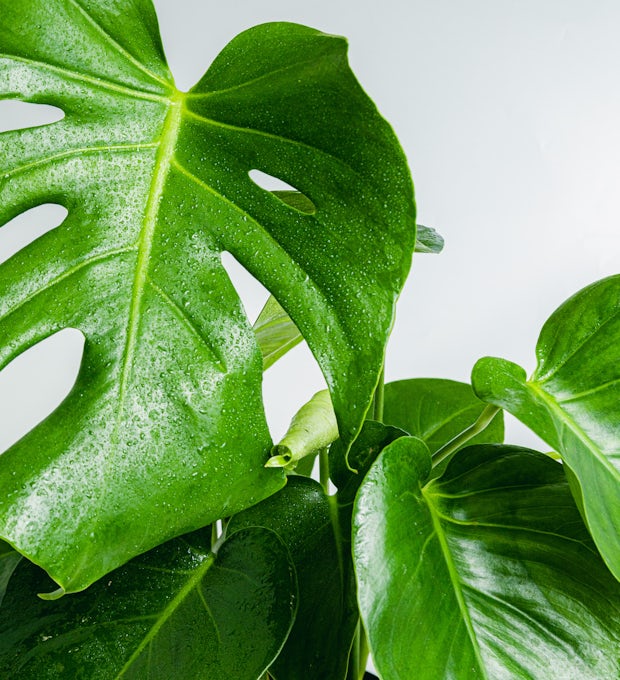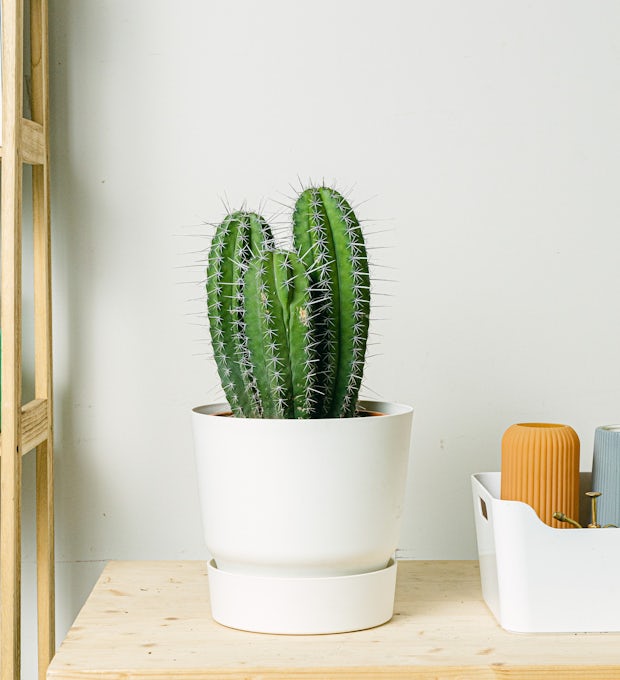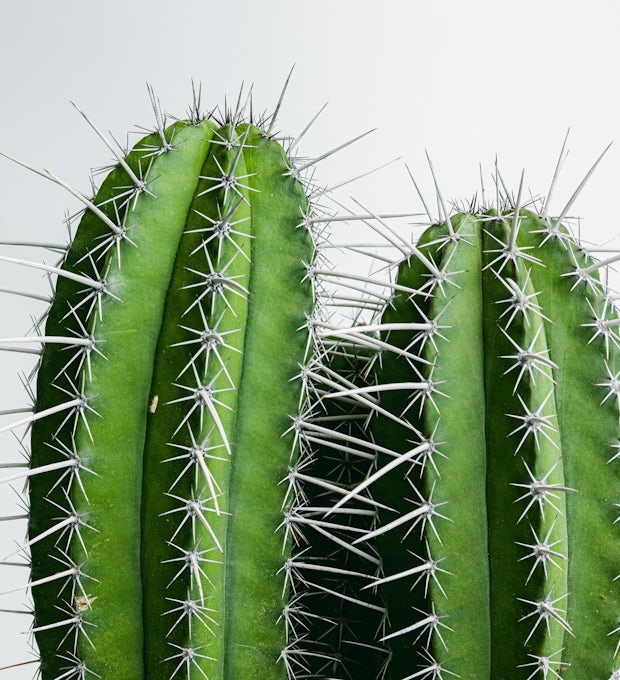The art of caring for and advising plants in the home and office is a practice that more and more people are adopting. In this article, we'll explore the benefits of having plants in our environment, as well as tips for choosing the right species for each space. We'll also talk about the importance of watering and lighting, and give recommendations for keeping our plants healthy. We will discover how to decorate with plants in a harmonious way and how they can increase productivity in the work environment. In addition, we will provide solutions to common problems that can arise when caring for our plants. Get ready to enter the fascinating world of plants!
Benefits of having plants in your environment
Having plants in your environment can bring many benefits to your health and well-being. Plants are not only decorative, but they can also purify the air and increase oxygen levels in the environment. In addition, plants can reduce stress and anxiety, as their presence has a relaxing effect on people. Studies have shown that having plants in the home or workplace can improve concentration and productivity, as well as decrease symptoms of fatigue and headaches. In addition, plants can improve sleep quality and reduce noise levels in the environment. Another advantage of having plants in your environment is that they can help you connect with nature, which is important for maintaining emotional and mental balance. Finally, having plants can be a form of self-expression, as you can choose the ones you like best or that best suit your needs and aesthetic tastes. In short, having plants in your environment can be a great way to improve your physical and mental health, as well as beautify your spaces and connect with nature.
Choose the right plants for each space
Choose the right plants for each space
When choosing plants for our home or office, it is essential to take into account the characteristics of each space. Each plant has different light, temperature, and humidity needs, so it's important to select those that are best suited to each environment. In spaces with little natural light, such as hallways or bathrooms, it is advisable to opt for shade-resistant houseplants, such as sansevieria or mother-in-law's tongue. On the other hand, in places with abundant natural light, such as living rooms or kitchens, you can choose plants that require more sun exposure, such as cacti or succulents. Additionally, it is important to consider the size of each plant and the space available for its growth. For small spaces, hanging or compact-sized plants, such as ferns or African violets, can be chosen. Finally, it is essential to take into account the care and maintenance that each plant requires before purchasing it. By choosing the right plants for each space, we not only ensure their survival and healthy growth, but also achieve a harmonious and aesthetically pleasing environment.
We ship plants to all locations, you can see more options here.
The Importance of Watering and Lighting
The importance of watering and lighting is critical to keeping our plants healthy and beautiful. Watering is essential so that plants can absorb the nutrients needed for their growth and development, so it's important to water them regularly and in the right amount. However, too much water can be just as harmful as too little, as it can choke the roots and lead to fungus. Therefore, it is important to find a balance and water the plants when necessary.
On the other hand, lighting is just as important as watering, as plants need light to photosynthesize and produce their own food. Each plant has different light needs, so it's important to know them so you can place them in the right place. Plants that require more light should be placed near windows or in places with more sun exposure, while those that need less light can be placed in shadier areas.
In short, both watering and lighting are key factors in the care of our plants. It is important to pay attention to their specific needs and provide them with the right conditions for their healthy growth and development. With proper care, our plants can provide us with not only aesthetic beauty, but also emotional and health benefits.
We ship plants to all locations, you can see more options here.
Tips for Keeping Your Plants Healthy
To keep your plants healthy, it's important to pay attention to watering and fertilizing them. Not all plants require the same amount of water, so it's critical to know the specific needs of each one. It is advisable to water them in the cooler hours to prevent the water from evaporating quickly. It's also important not to overdo the amount of water, as this can lead to root rot. As for fertilizing, it is recommended to do it every two weeks with a liquid fertilizer for houseplants.
Another tip is to regularly check the leaves and branches for possible pests or diseases. If any problems are detected, it is important to act quickly to prevent them from spreading to the rest of the plant or other nearby plants. Natural products such as neem oil or potassium soap can be used to combat pests.
Finally, it is essential to place the plants in a suitable place according to their light needs. Some plants require a lot of direct sunlight, while others prefer shadier locations. It's also important to avoid drafts and sudden changes in temperature, as this can affect your health.
By following these tips, you can keep your plants healthy and enjoy their beauty in your home or office for a long time.
How to decorate with plants in a harmonious way
How to decorate with plants in a harmonious way
Decorating with plants can add a touch of freshness and vibrancy to any space. However, it is important to keep in mind some tips to achieve a harmonious decoration. First of all, it is essential to choose plants that suit the style and size of the space. For example, in a small room, it is advisable to opt for small or hanging plants, such as succulents or air plants. In addition, it is important to consider the existing color palette in the environment and select plants whose leaves and flowers complement the predominant tones. On the other hand, the distribution of the plants also plays a crucial role in the decoration. It is advisable to group them on different levels, using pots of different heights or hanging them on shelves. This creates an interesting visual effect and prevents the space from looking cluttered. It is also important to maintain a balance between plants and other decorative elements, avoiding overloading the space. Finally, we must not forget the importance of taking proper care of our plants so that they look healthy and beautiful. Decorating with plants can be a simple and inexpensive way to beautify our spaces, bringing freshness and life to our daily environment.
Ideal Plants for the Office: Increase Productivity
Plants are a great option for increasing productivity in the office. In addition to providing a more pleasant and relaxing environment, they also offer benefits for the mental and physical health of workers. Some ideal plants for the office are lucky bamboo, which is believed to attract good fortune and prosperity; the snake plant, which is known to purify the air and absorb toxins; and the cactus, which requires very little maintenance and can survive in low-light and underwatered conditions. Not only do these plants add a touch of green to the office, but they also help reduce stress, improve concentration, and increase creativity. In addition, studies have shown that having plants in the work environment can decrease anxiety levels and improve employee mood. Therefore, choosing the right plants for the office can be an effective way to foster a healthy and productive work environment.
Solutions to Common Plant Problems
Plants are living things that require care and attention to stay healthy. However, despite our efforts, they can sometimes present common problems such as yellow leaves, leaf spots, leaf drop, or the presence of pests. To fix these issues, it's important to identify the cause of the problem and take appropriate action. In the case of yellow leaves, it can be caused by over- or under-watering, lack of nutrients, or exposure to extreme temperatures. To fix this, watering and fertilizing should be adjusted according to the needs of the plant and make sure it is in a suitable environment. Leaf spots can be caused by fungi or bacteria, so it is recommended to remove the affected leaves and apply fungicides. Leaf drop can be caused by lack of light or water, sudden changes in temperature, or disease. The cause must be identified in order to take appropriate action. As for pests, natural or chemical insecticides can be used depending on the severity of the problem. It is important to keep in mind that each plant is unique and requires specific care, so it is essential to research and know the particular needs of each one in order to solve common problems that may arise.
Caring for and advising plants at home and in the office is an art that connects us with nature and provides us with numerous benefits. In addition to improving air quality, plants can increase our productivity and help us create harmonious spaces. Choosing the right plants for each space, paying attention to watering and lighting, and following some tips to keep them healthy are key to their care. However, it's also important to remember that every plant is unique and requires individualized attention. As we delve deeper into the art of caring for and advising plants, we realize that there is always more to learn. Curiosity and exploration continue to be an essential part of this practice. So, what new challenges and discoveries await us in the fascinating world of plants?
